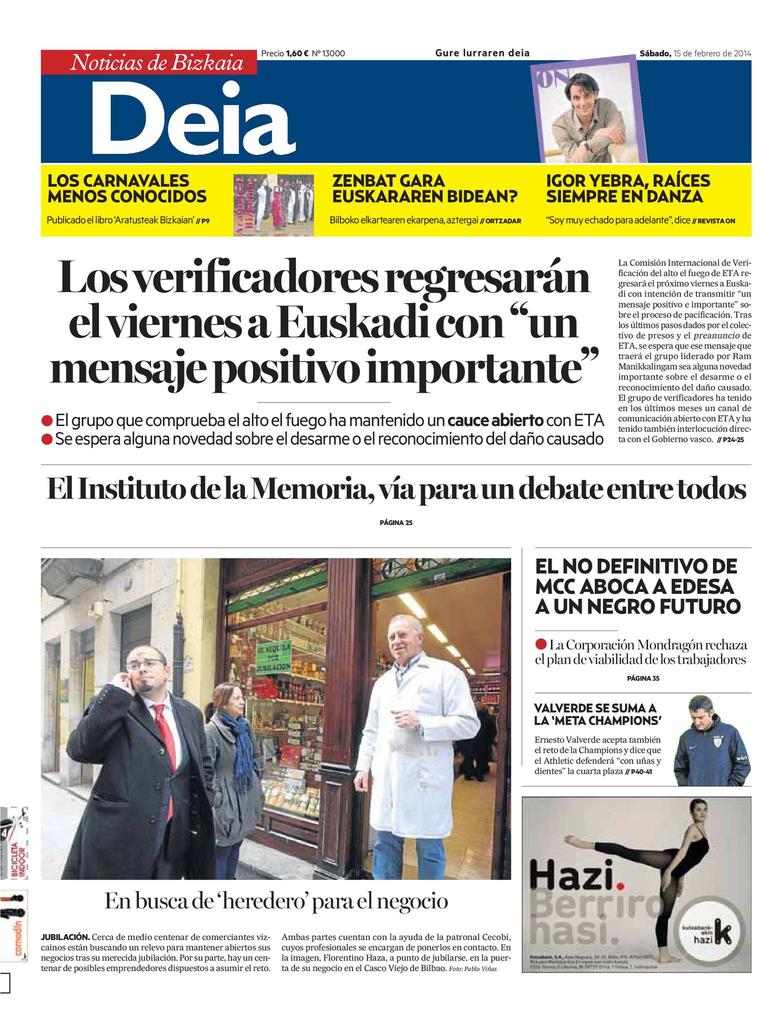These entrepreneurs had not met in person 6 months ago, but they have already caught the attention of Google: uMore, the app with Spanish DNA that analyzes your stress and anxiety about how you use your phone
These entrepreneurs had not met in person 6 months ago, but they have already caught the attention of Google: uMore, the app with Spanish DNA that analyzes your stress and anxiety about how you use your phone
Maria de Freitas and Alejandro Serrano did not meet in person until a couple of months ago. However, together with two other partners, they have been working hand-in-hand for more than a year on uMore, an application that helps users monitor their mental health using artificial intelligence.
The uMore project was born in a competition organized by Techstars —one of the largest accelerators on the planet— in which entrepreneurs from all over the world, over a weekend, create synergies with other entrepreneurs and try to carry out grassroots projects technological.
De Freitas, CEO of the company, and Serrano, director of the scientific part, met at that event in which their app was selected as the best startup among thousands of applicants.
Since then, the initial team has not stopped growing. There are already 18 “astronauts” —as they call themselves internally— and, although for now they have 9,000 users worldwide, both the Spanish fund The Venture City and Google have already shown interest in the project.
In fact, this year they have already managed to raise $500,000 (about 425,000 euros) in a pre-seed phase led by The Venture City as well as different business angels. In the summer, they also participated in the Google Growth Academy: Health & Wellbeing, a support program for startups of the technology giant oriented to the health sector.
That, they explain, allowed them to get to know the ins and outs of Google Fitbit and establish ties with the Silicon Valley company.
However, at the moment there is no fixed agreement on the table. “We don't have anything fixed for now, but we are talking. We had conversations with the Fitbit team, but nothing committed," explains de Freitas.

In the coming months they hope to announce their first round of investment, which will be aimed at improving the app's system to better understand users and offer a more personalized service. They also plan to launch a premium plan, which through a subscription will offer an enhanced help option.
However, both co-founders told Business Insider Spain that their app will always have a free option even if it incorporates an added paid service: “Our mission is to help people. Whoever needs help will always have that help”, says de Freitas.
One of the main tools that uMore offers is to quantify the stress level of its users. “Through a series of psychometric forms we can measure stress, anxiety and depression. Many times we know that we are stressed but not how much, and this was something that users were looking for in our app”, assures Alejandro Serrano, psychologist by training and co-founder of the application.
Wearables could tell users in the future whether or not they are sick, according to the latest research
uMore relies on science to offer its users a self-knowledge tool with which to measure and determine their well-being. In addition, it offers the possibility of creating circles of trust with family and friends with whom you can share each other's status on a daily basis.
The platform uses machine learning and is incorporating digital phenotyping, that is, the collection of biological data using an electronic device in real time, to offer users accessible and personalized mental health care.
Both co-founders are enthusiastic about the reception it is having among their users. The registration process takes almost 10 minutes, but despite this they ensure that the conversion rate is around 75%. Currently, all their efforts and resources are being devoted to the engineering part of the product.
The next step will be to incorporate your app into wearables. “We are developing the ability to measure aspects of mental health through the data that we can get from the mobile, for example, we can know the anxiety or stress that someone suffers from how they use their phone,” explains Serrano.
"We want to connect Google Fit and Apple Health with the app, so we can understand physiological measures, not necessarily psychological ones, that pertain to the user's health in general and that allows us to better measure their mental health," he adds.
“We want to do for mental health what wearables did for physical health”, sums up de Freitas.
Both co-founders strongly emphasize that their app is not a substitute for therapy from a doctor or psychologist. “We are not trying to do that, we just want to offer the possibility that people can measure their mental well-being through their mobile. This is something that couldn't be done before," they stress.
Less yoga and more labor rights: how to protect the mental health of employees in the era of teleworking
The demand for products that help relieve stress or anxiety continues to increase, partly due to the pandemic. Last year, a study prepared by the WHO determined that most countries had seen their mental health prevention services overwhelmed by the number of calls and attention required by citizens.
In 2020, mental health startups received $2 billion in funding. By the end of 2021, that number is expected to be 3 billion, according to data from CB Insights.
What will the future hold? The founders of uMore envision themselves on the Moon in a few years, working with real astronauts, helping them improve their understanding of their mental health and how they can improve it.
“We see a great transition regarding our relationship with health, specifically with mental health. We want to be part of that revolution”, points out de Freitas.
